If you're wondering "What is a CMS?" you're in the right place. In this article, we'll explain simply and directly what a CMS (Content Management System) is, what it's used for, and why it’s essential for managing your website independently. You will also find a short video created specifically to clarify any doubts you might have.
What is a CMS: clear and simple definition
A CMS, short for Content Management System, is a software platform that allows you to create, manage, and update content on a website without needing advanced programming knowledge.
A CMS empowers even non-technical users to manage website content independently: you can publish texts, images, videos, modify pages, create blog posts, and manage SEO and marketing—all within an intuitive interface.
Watch the video: CMS explained in 2 minutes
To simplify things even further, we've created this short video that clearly and effectively demonstrates what a CMS is and how it works
How does a CMS work?
A CMS clearly separates two areas:
-
Backend: the administrative area reserved for website admins or editors, where content creation and updates happen.
-
Frontend: the part visible to end-users, meaning the actual website.
With a CMS, you can:
-
Add and modify content without writing HTML or CSS code.
-
Manage multiple users with different access levels.
-
Quickly update the design and structure of your site.
-
Manage multimedia content such as photos and videos.
-
Easily optimize pages for search engines (SEO).
Why choose a CMS for your website?
Using a CMS for your business website offers several benefits, including:
-
Autonomy: You don't have to constantly rely on developers.
-
Speed: Quickly update your site to meet your business needs.
-
Scalability: CMS platforms like WordPress, Joomla, or HubSpot let you easily expand your site according to evolving needs.
-
SEO-friendly: Facilitates optimization for search engines, improving your site's organic visibility.
-
Security and updates: Modern CMS platforms regularly receive updates to ensure security and performance.
Which CMS platforms are most popular?
The leading CMS platforms on the market are:
-
WordPress: The most popular, ideal for blogs, business websites, and e-commerce.
-
HubSpot CMS: Perfect for marketing automation and CRM-integrated sites.
-
Joomla: Versatile and powerful, ideal for structured websites and portals.
-
Drupal: Preferred for complex projects with advanced technical needs.
Artificial Intelligence and CMS: a perfect match
The use of artificial intelligence (AI) in CMS platforms is growing rapidly. AI enables you to:
-
Automate SEO: Intelligent suggestions for keywords and content.
-
Personalize content: AI automatically customizes pages and offers based on user behavior.
-
Analyze performance: Intelligent analytics systems that predict content effectiveness.

Conclusion
Now you have a clearer understanding of what a CMS is and why it could be the ideal choice for developing your website. If you need help choosing or implementing the most suitable CMS for your company, Ekeria is here with personalized solutions.
Don’t hesitate to contact us for a free consultation or to explore the best solutions for your digital business together.


